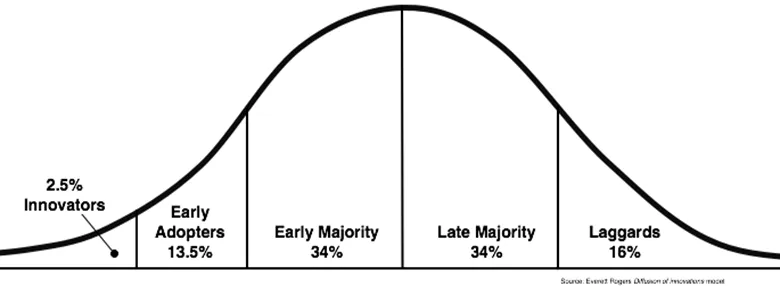Continuous Improvement is a mindset that can be applied to everything, including business and the world at large. It is the idea that small changes can lead to big improvements over time. At it’s core, Continuous Improvement means breaking down barriers between people who have ideas for improvement and those who can implement them. In this way, everyone has the power to improve their own work and also contribute to improving the organisation as a whole. When we talk about continuous improvement in terms of leadership, we’re talking about leaders who embrace this mindset and make it part of their everyday lives.
Continuous Improvement (CI) refers to a process of making incremental improvements to processes, products and services. In other words, it’s a way of working. At its core, CI is about always looking for ways to get better at what you do–and that includes not just your own work but also how you work with others. It’s about constantly asking yourself: “How can I do this better?”
It’s important for all employees within an organisation, from managers to operatives, to understand what continuous improvement means, why it matters and how they can help bring about positive change within their own areas of influence.
Improvement is important to your business.

To become an Improvement leader, you need to understand Lean and Six Sigma. You’ll be identifying and leading improvement projects using processes such DMAIC (Define, Measure, Analyse and Improve). Finally, you should understand how to use PDCA cycles in your work environment.
If you are interested in becoming certified as a Master Black Belt Improvement Leader, an Open Programme Apprenticeship is the ideal route to gaining the skills and knowledge you’ll need.
If you’re open to learning new things and willing to share your knowledge with others, then you have what it takes to get started on your journey. In addition, being able to communicate effectively is key because it allows others in your organisation or team to understand why certain changes are necessary and how they will benefit from them.
Being able to understand the importance of continuous improvement in your organisation is also very beneficial when working as an improvement leader because it allows for better planning and execution of projects as well as easier decision making processes when problems arise along the way.
These Related Stories



No Comments Yet
Let us know what you think